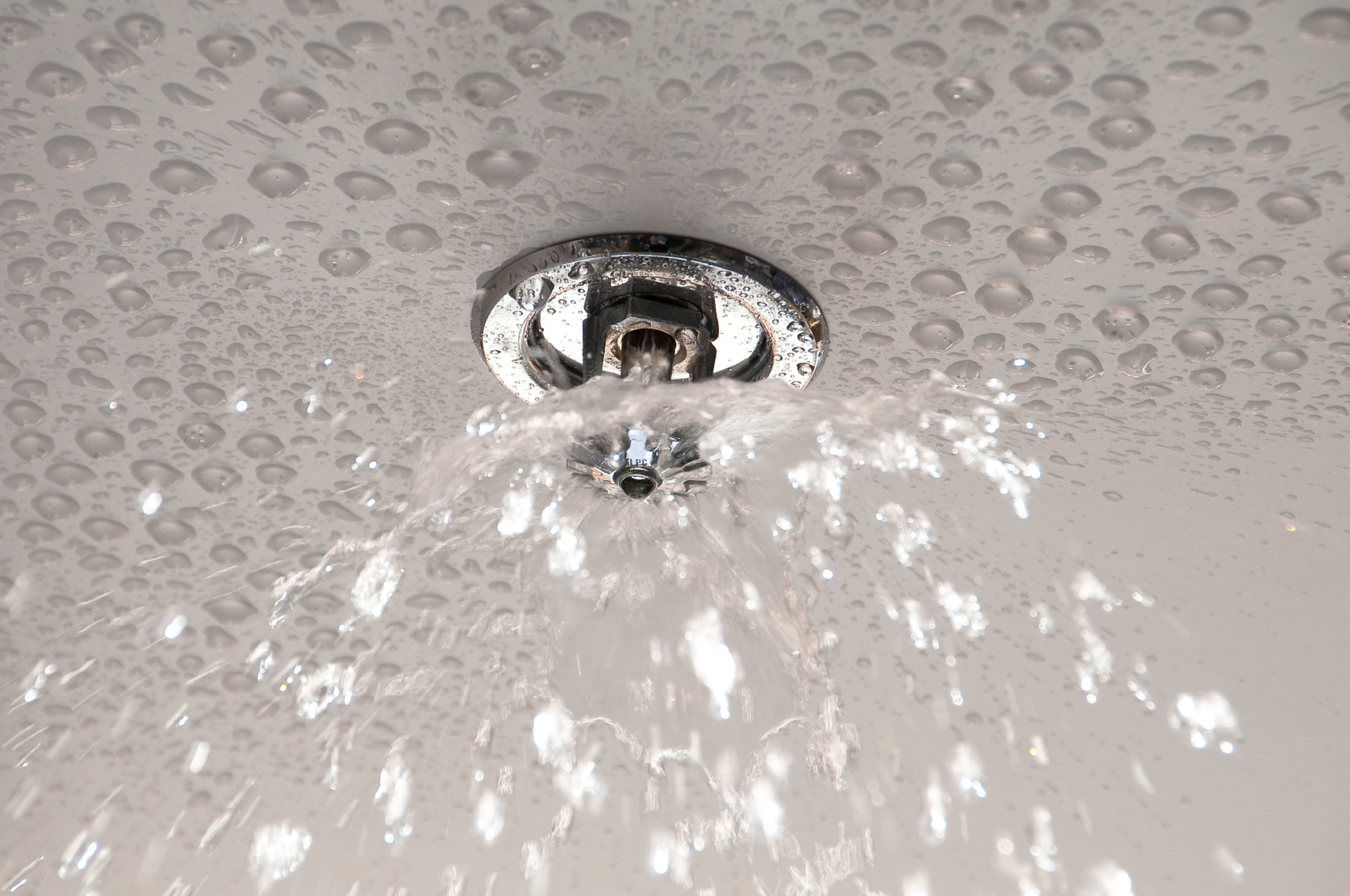Steps for Winterizing Your Fire Sprinkler System

When outdoor temperatures are still relatively mild, it can be easy to delay cold-season preparations at your commercial property.
But postponing essential winter tasks like winterizing your fire sprinklers can lead to unwanted consequences like burst pipes that flood part or all of your building. In a worst-case scenario, the system could fail to activate during a fire.
Before the cold weather arrives, make sure your fire sprinkler system is winter-ready by contacting Confires for all your commercial fire sprinkler needs, including maintenance and inspections. We’re the leading expert in fire protection services for businesses throughout New Jersey, eastern Pennsylvania, and northern Delaware, providing comprehensive solutions you can count on.
The Benefits of Preventative Fire Sprinkler Maintenance
Because they’re so dependable, maintaining your building’s fire sprinkler system might not be at the top of your to-do list — but it should be. Regular inspections and upkeep ensure your system operates as it should when needed.
Other benefits include:
- Ensuring valves operate correctly and drains are clear and free of moisture
- Avoiding costly disasters like flooding that can damage or destroy electrical systems, inventory, and valuable equipment
- Maintaining local, state, and federal compliance with building codes and regulations, mitigating fines, penalties, or legal issues
- Potential business insurance savings
Winter is when we use our heating systems at their fullest capacity, so make sure your building or facility’s equipment is always ready to respond in an emergency.
How To Winterize Your Fire Sprinkler System
Winterizing a commercial fire sprinkler system is easier than you might think. The steps include:
Dry fire sprinkler systems: Low points should be drained to guarantee all water is out of the system so the pipes can withstand freezing temperatures. Pay careful attention to the pump and riser rooms located on the building’s exterior.
Wet sprinkler systems: Water freezes at 32 degrees, but the National Fire Protection Association (NFPA) stipulates that wet sprinkler systems be maintained at a minimum of 40 degrees Fahrenheit. These systems should not be exposed to freezing temperatures.
Insulation: Your insulation should be adequate enough to protect exposed pipes.
Check antifreeze: If your system uses antifreeze, the concentration should be checked and replaced if needed.
Monitor the temperature: Consider installing temperature sensors in unheated areas.
A small investment in preventative maintenance can yield significant returns in reliability, cost savings, and peace of mind. So don’t get caught in the cold — make sure your system is winter-ready by scheduling regular professional inspections to identify high-risk areas that should be immediately addressed.
Choose Confires To Protect Your Business
When the days cool and the leaves begin to change color, it’s time to think ahead to winterizing your commercial fire sprinkler system.
Whether you own or manage an apartment complex, automotive facility, educational, healthcare, or assisted living facility, be sure to arrange inspection and maintenance before the first frost. It’s one of the most critical steps you can take to ensure everyone and everything’s safety.
At Confires, we take great pride in providing outstanding fire protection services for New Jersey, eastern Pennsylvania, and northern Delaware businesses. Our customer-centric approach to commercial fire safety makes us your best single-source solution for all your fire prevention needs.
Call (888) 228-0917 today to learn more and request a quote for fire sprinkler services with Confires.
Category: Fire Sprinklers